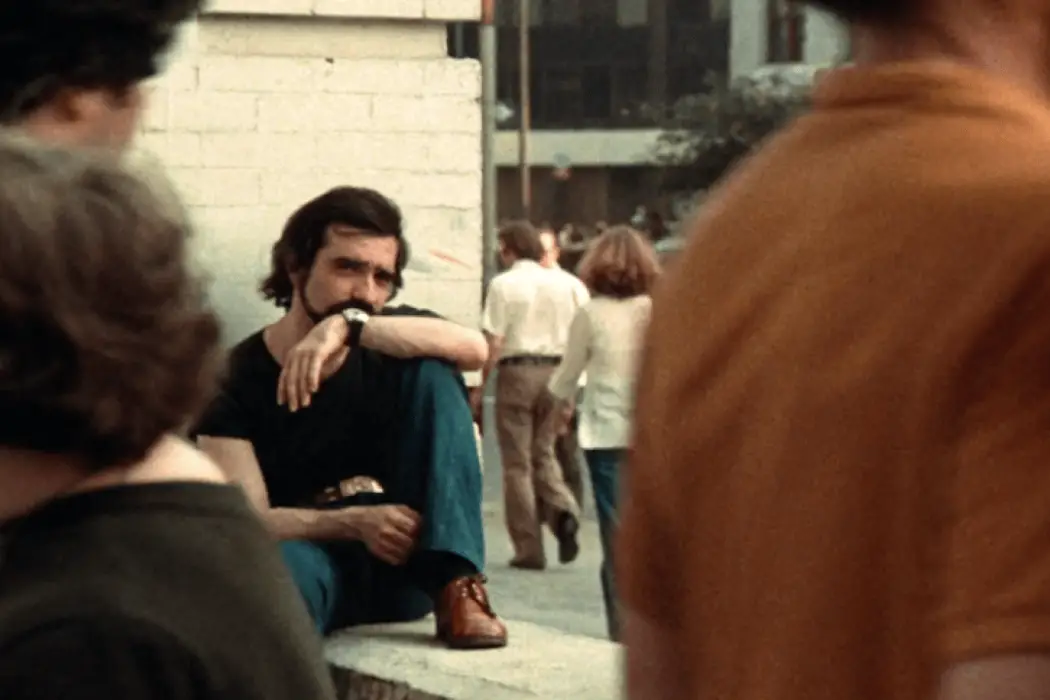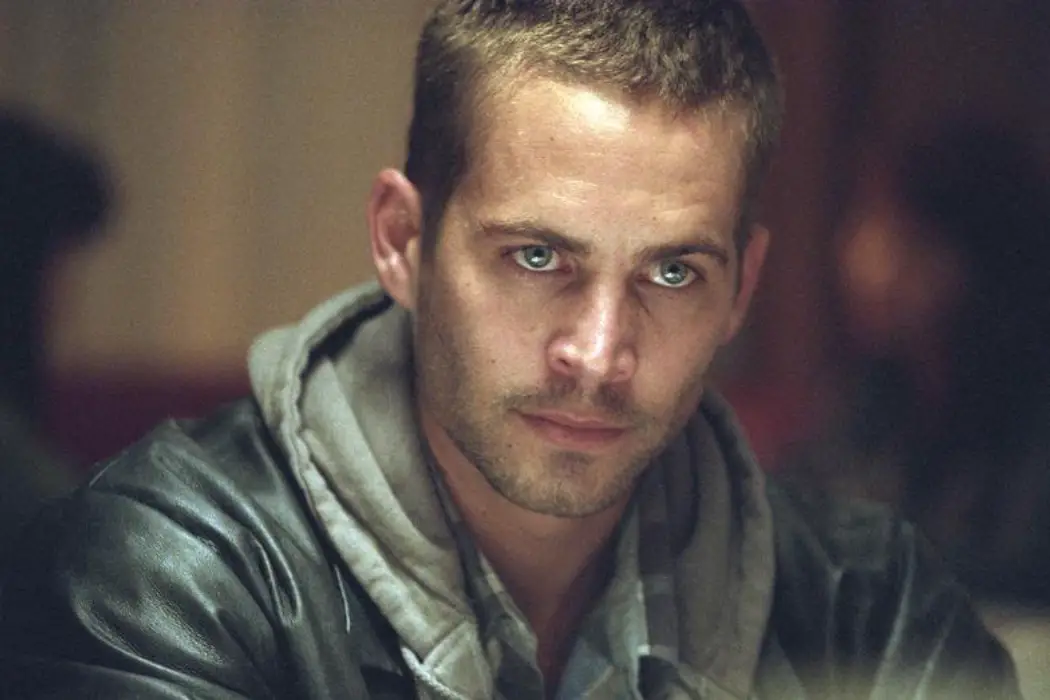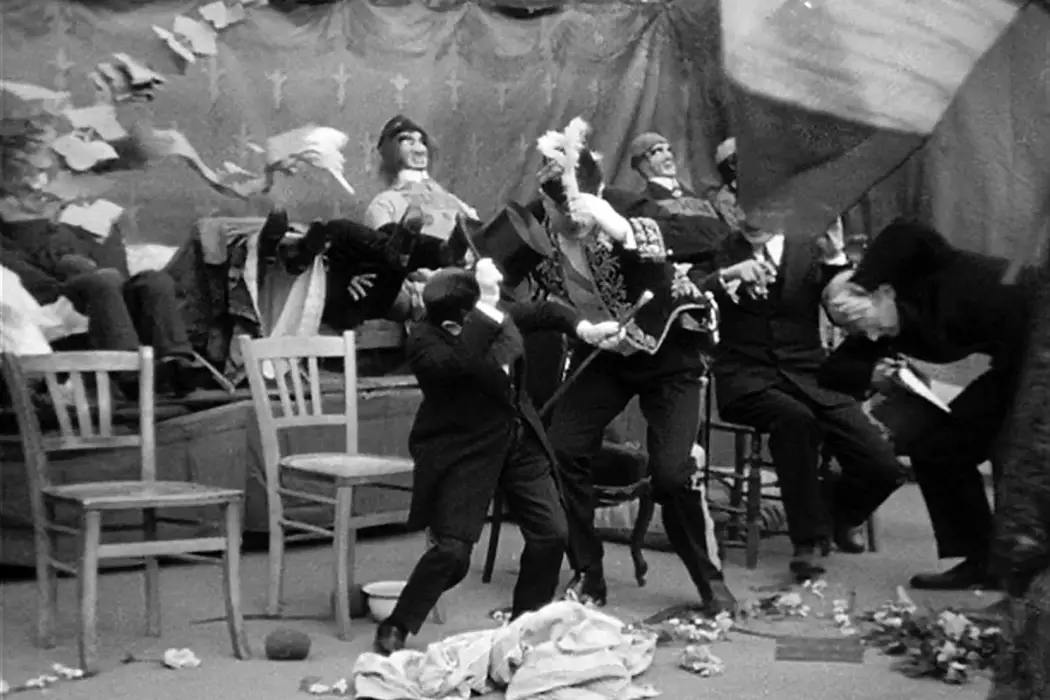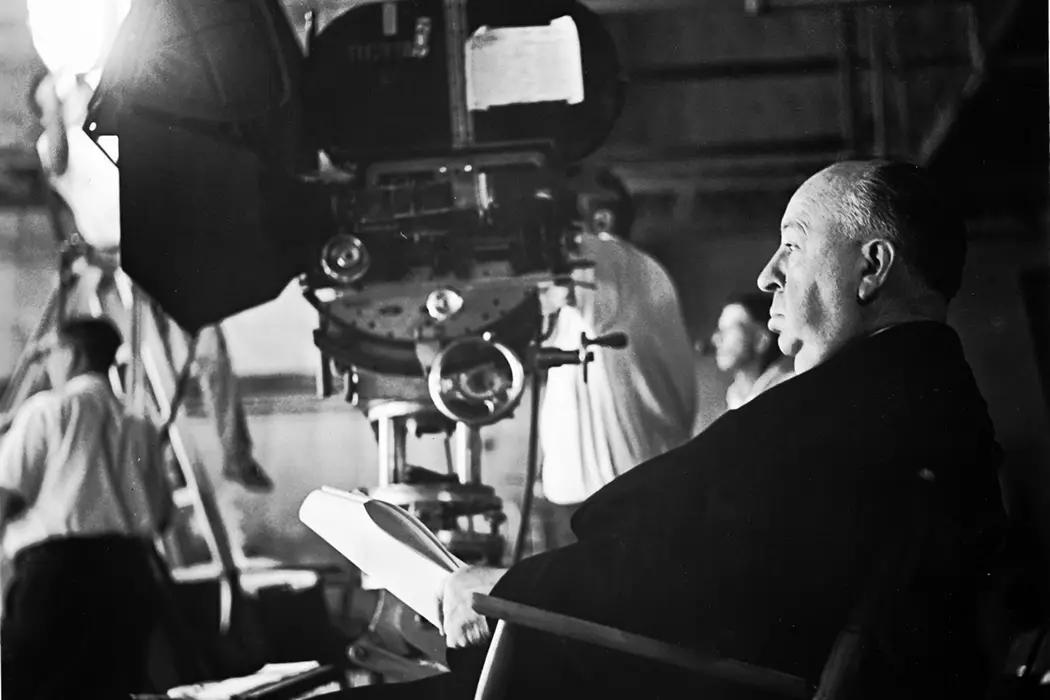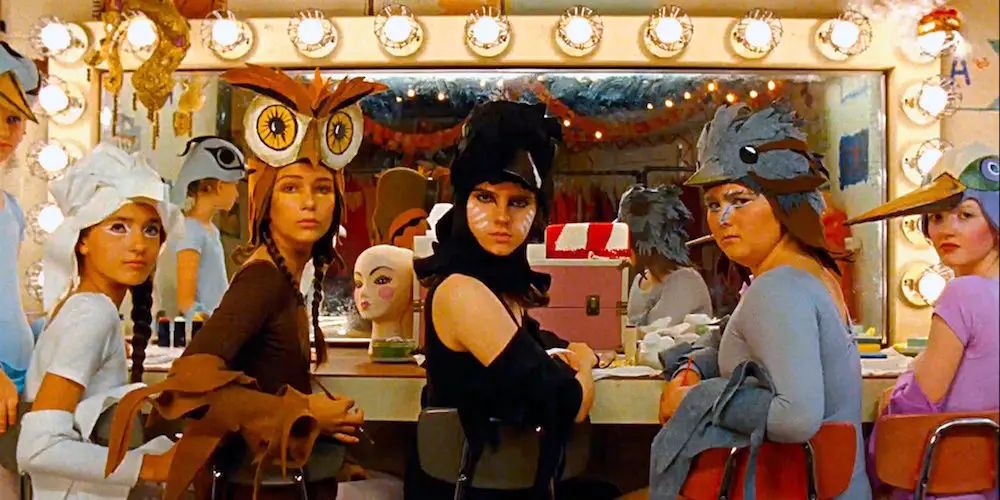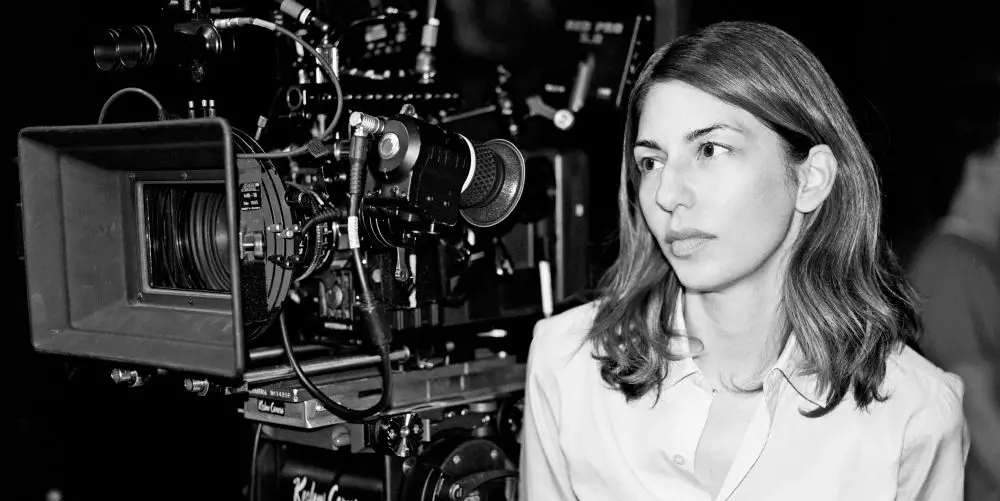auteur
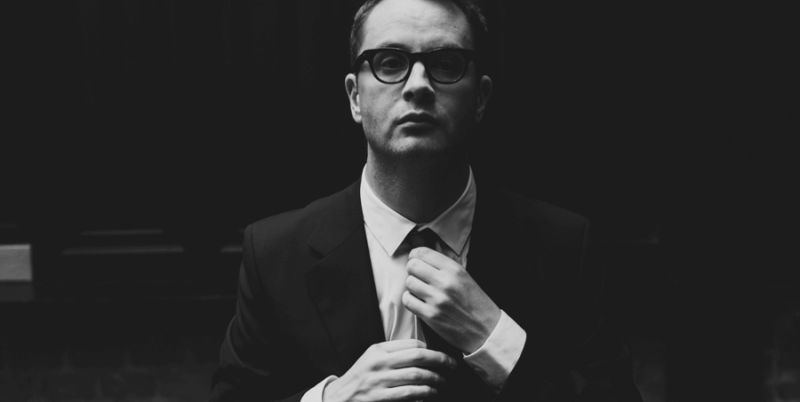
One of the most controversial directors currently working today, Nicolas Winding Refn is a provocative force to be reckoned with. He has an utterly distinctive voice that couldn’t ever be mistaken for anybody else. Each of his films is widely divisive, almost always opening to heated opinion from audiences.
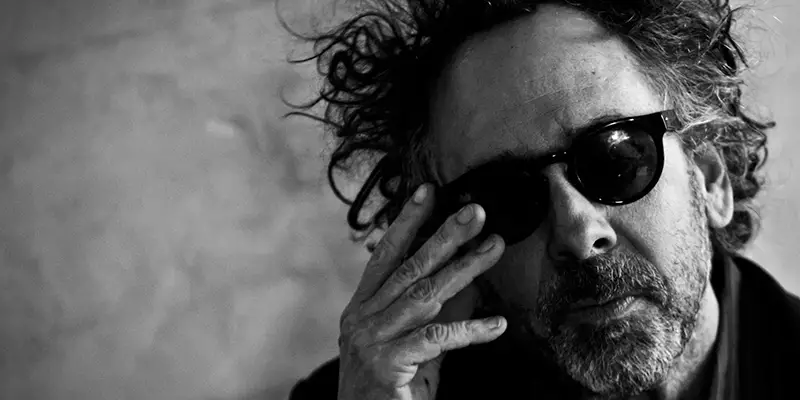
There are a number of directors that have distinguished their own unique imagination into Hollywood and reflected it on the big screen. Directors who are considered ‘auteurs’ have the creative ability to make feature films that are based on their own imagination, are part of their personalities, or which they find as a genuine interest. One such example is Tim Burton, the eccentric filmmaker who broke through as an animator and storyboard artist in the 1970s to progressively becoming one of cinema’s most recognised directors.
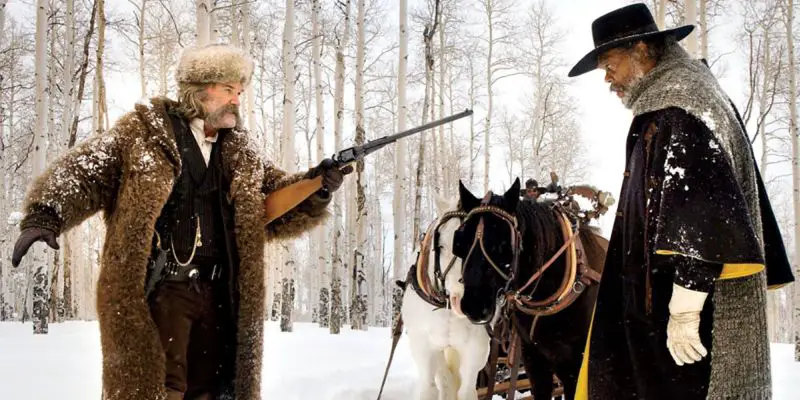
As 2015 comes to a close, the promises of 2016 in film leave excitement fizzling like the fireworks of New Year amongst Quentin Tarantino fans. We have been treated to an influx of releases ripe from the mind of the divisive director over the past few years, with Inglourious Basterds and Django Unchained providing much controversy and dividing many opinions, but it is The Hateful Eight that is now beginning to incite anticipation about its January release. But, as this excitement grows towards the end of Tarantino’s twenty-fourth year in the filmmaking business, the success he enjoys now has progressed in an initially unexpected way.

David Lynch has one of the most polarizing bodies of work in Hollywood (though he is objectively one of the nicest and most genuine people there). His films divide audiences like they were born of a marriage between Moses and Solomon. Filled with peculiar idiosyncrasies and defiantly flaunting conventions of both genre and narrative, Lynch’s films have been stubborn in their consistency for most of his career.

British director Alfred Hitchc*ck’s reputation as the “Master of Suspense” is still familiar to moviegoers around the world 25 years after his death. Hitchc*ck’s jowly visage and drawling accent are pop culture fixtures, and his movies are endlessly imitated and even spun-off into popular TV series. However, Hitchc*ck was more than just the man who gave the world Norman Bates and that infamous shower scene in Psycho (1960).



